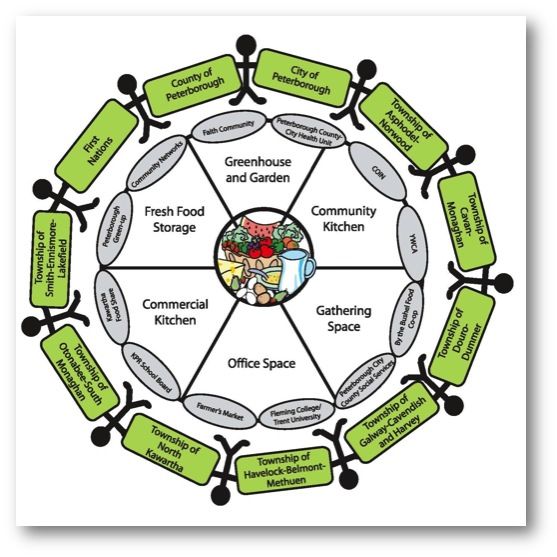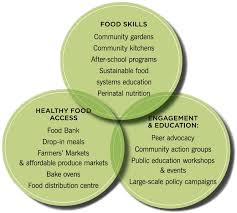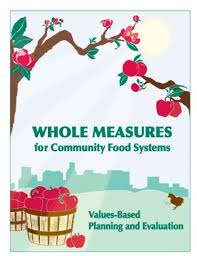High-Protein Breakfasts Burn Calories and Reduce Hunger
Obesity is a serious health concern.
In both children and adults, it may increase the risk of several chronic diseases, such as type 2 diabetes and heart disease.
For successful weight loss, multiple strategies are usually required. One effective approach may be to eat more protein (1).
For this reason, researchers set out to see if high-protein breakfasts could help burn calories and reduce appetite in overweight and normal-weight children.

“Calories burned” refers to the rate at which the body uses energy.
In more scientific terms, it is known as energy expenditure. When energy expenditure rises after a meal, it is referred to as the thermic effect of food.
Compared to fat and carbs, protein has a greater thermic effect and is considered very weight-loss friendly (2).
Protein contains many fewer calories than fat, by weight. And, although its calorie content is equal to that of carbs, eating more protein appears to speed up our metabolism. This temporarily increases the amount of calories burned (3, 4).
Article Reviewed
Researchers at the University of Arkansas set out to examine whether a high-protein breakfast could help burn calories and reduce appetite, when compared to a high-carb breakfast.
The results were recently published in the Journal of Nutrition:
Basic Study Design
The study was a randomized, crossover study in normal-weight and overweight children, aged 8–12.
A total of 35 girls and boys participated, but only 29 completed the study.
The children were randomly assigned to one of two groups:
- High-protein breakfast: This breakfast contained 21% protein (18 g), 52% carbs and 27% fat. The calorie content was 344 kcal. It consisted of an egg, egg whites, butter, orange juice and two slices of white bread.
- High-carb breakfast: This breakfast contained 4% protein (3 g), 67% carbs, and 29% fat. The calorie content was 327 kcal. It consisted of a frozen waffle, butter, maple syrup and orange juice.
Since the study had a crossover design, all participants had both types of breakfast on separate occasions.
The two breakfasts had a similar calorie content. The fiber and fat content was also controlled.
Immediately after eating breakfast, energy expenditure, fat and carb oxidation, appetite and blood sugar were measured over a 4-hour period.
Additionally, food intake was estimated at the end of the testing period by providing participants with a free lunch buffet and recording how much they ate.
Bottom Line: The study was a randomized, crossover trial in overweight and normal-weight children. The study compared the effects of high-protein and high-carb breakfasts on appetite and calories burned.
Finding 1: High-Protein Breakfasts Help Burn More Calories
The high-protein breakfast increased the amount of calories burned in both the normal-weight and overweight children.
Here is an overview of the main results:
- Fat oxidation was 16% higher after the high-protein breakfast, compared to the high-carb breakfast.
- Carb oxidation was 32% higher 4 hours after the high-protein breakfast, compared to the high-carb breakfast.
The effect of protein on calories burned is well known. Many studies have shown that high-protein meals increase the amount of calories burned, compared to meals that are high in carbs (2, 5).
Bottom Line: The high-protein breakfast increased the amount of calories burned after the meal more than the high-carb breakfast did. This is supported by previous studies.
Finding 2: Protein is More Filling Than Carbs
All participants were less hungry and felt more full after the high-protein breakfast, compared to the high-carb breakfast.
Here are the results:
- Hunger was 14% less after the high-protein breakfast.
- Fullness was 32% greater after the high-protein breakfast.
- Desire to eat was 30% less after the high-protein breakfast.
All of these differences were independent of body weight.
These results are supported by previous studies showing that eating high-protein meals may increase fullness and reduce hunger (5, 6).
However, in the present study there was no significant difference in food intake between groups at the lunch buffet.
This is supported by one study in children who had a low-glycemic breakfast. While they remained full for a longer time, there was no effect on food intake at lunch (7).
Bottom Line: The high-protein breakfast was more filling than the high-carb breakfast, resulting in decreased hunger and increased fullness.
Finding 3: Protein Helps Burn More Calories in Overweight Children
In overweight children, the high-protein breakfast appeared to increase fat oxidation and energy expenditure to a greater extent than in normal-weight children.
After the high-protein breakfast, the energy expenditure was 4.09 and 3.68 kcal/240 min among the overweight and normal-weight children, respectively.
This indicates that protein may have stronger effects on burning calories in overweight children.
Bottom Line: The high-protein breakfast helped burn more calories in overweight children than it did in normal-weight children.
Finding 4: High-Protein Breakfasts May Help Moderate Blood Sugar Levels
Both breakfasts resulted in similar increases in blood sugar.
However, there were some differences:
- Blood sugar levels were 10% higher 30 minutes after the high-carb breakfast, but only among normal-weight children.
- Blood sugar levels were 6.3% higher 240 minutes after the high-protein breakfast.
These results indicate that the high-protein meal is better at moderating blood sugar levels and preventing large fluctuations.
This is supported by previous studies showing that diets high in protein may improve blood sugar control (8, 9, 10).
Bottom Line: There were only small differences in blood sugar levels between groups. However, there were some indications that a high-protein breakfast may be better at stabilizing blood sugar levels.
Limitations
The study had a few limitations:
- The effects of high-protein and high-carb breakfasts were examined with only one test meal for each.
- The participants were children. It is unclear if the results can be generalized to adults.
- The study had few participants. A greater number of participants might have given different results.
- The overweight and normal-weight participants had breakfasts with a similar calorie content. Since overweight children presumably have higher calorie intakes, this might have affected the results.
- The high-protein breakfast contained only 22% protein. A higher protein content could have given different results.
Summary
In short, the study shows that high-protein breakfasts can help burn calories and reduce hunger.
They temporarily cause more calories to be burned, when compared to high-carb breakfasts. Additionally, they may help reduce appetite for a few hours.
At the end of the day, adding protein to your meals may be a valuable long-term strategy against weight gain and obesity.




 The Community Food Security Coalition (CFSC) is a North American coalition of diverse people and organizations working from the local to international levels to build community food security.
The Community Food Security Coalition (CFSC) is a North American coalition of diverse people and organizations working from the local to international levels to build community food security.
 We have a diverse membership with almost 300 organizations from social and economic justice, anti-hunger, environmental, community development, sustainable agriculture, community gardening and other fields.
We have a diverse membership with almost 300 organizations from social and economic justice, anti-hunger, environmental, community development, sustainable agriculture, community gardening and other fields.
 We are dedicated to building strong, sustainable, local and regional food systems that ensure access to affordable, nutritious, and culturally appropriate food to all people at all times.
We are dedicated to building strong, sustainable, local and regional food systems that ensure access to affordable, nutritious, and culturally appropriate food to all people at all times.
 We seek to develop self-reliance among all communities in obtaining their food and to create a system of growing, manufacturing, processing, making available, and selling food that is regionally based and grounded in the principles of justice, democracy, and sustainability.
We seek to develop self-reliance among all communities in obtaining their food and to create a system of growing, manufacturing, processing, making available, and selling food that is regionally based and grounded in the principles of justice, democracy, and sustainability.
 The Coalition achieves its goals through a comprehensive blend of training, networking, and advocacy to further the efforts of grassroots groups to create effective solutions from the ground up.
The Coalition achieves its goals through a comprehensive blend of training, networking, and advocacy to further the efforts of grassroots groups to create effective solutions from the ground up.
